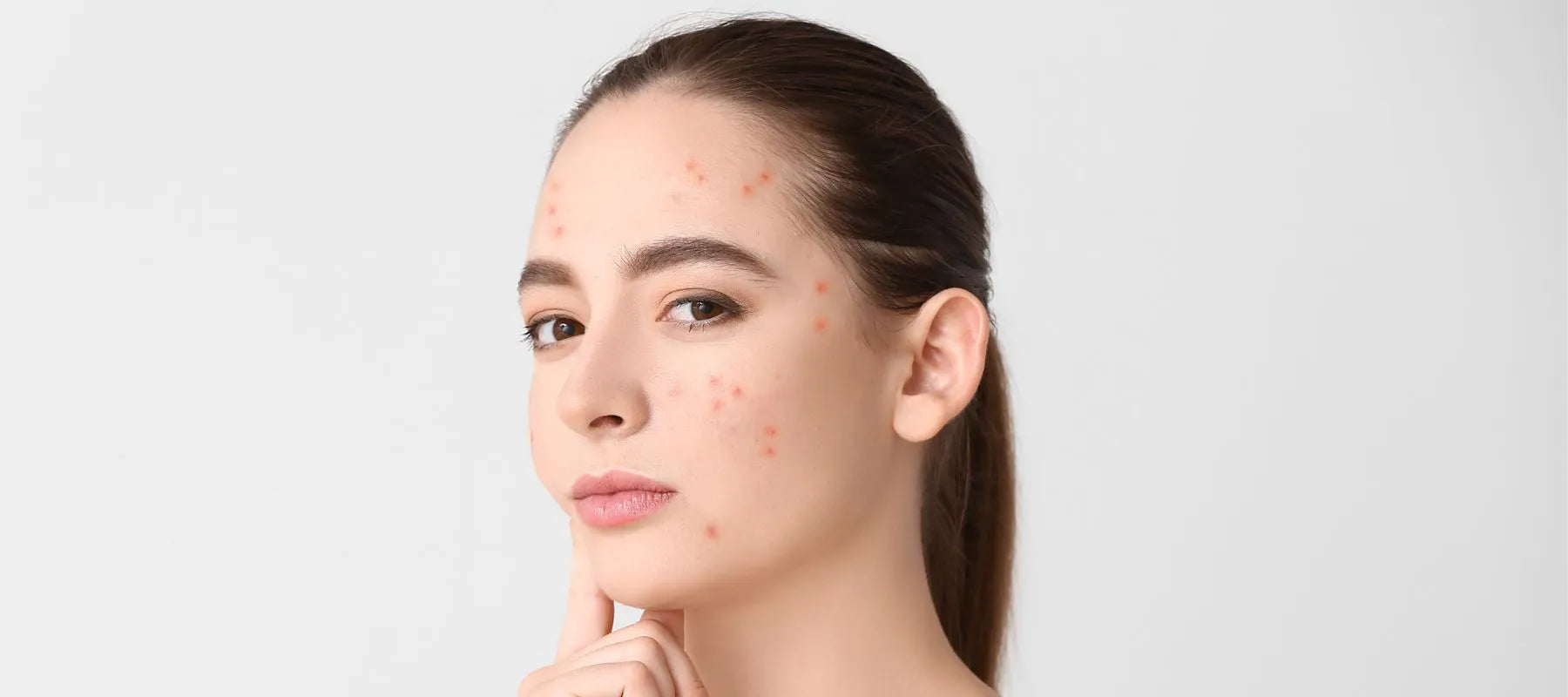
Common skin problems during pregnancy and how to tackle them
Pregnancy is a wonderful period in the life of every woman. There's joy for the baby coming, yet some worry, too. Many times, we talk about women having a special shine while they are expecting a baby, but there exist a few negative aspects, too. During this period, many changes happen to a woman's body, including her face too.
Skin problems during pregnancy mainly come from hormones and, by their natural tendency, are not dangerous. Often, after giving birth, these kinds of difficulties fade away on their own. It is very important to know the cause for correctly dealing with and controlling these conditions. So, let's have a detailed look at these -
What causes skin problems during pregnancy
Several factors contribute to the onset of skin problems during pregnancy:
Hormonal changes
Changes in hormones, mainly the rise of oestrogen and progesterone, are responsible for initiating different skin conditions. Hormonal changes can activate more activity in sebaceous glands, which might lead to higher skin oiliness or cause acne.
In the time of pregnancy, there is more blood flow in a woman's body, and this can make her skin look reddish or show small spider veins as well as big varicose veins, which usually appear on her legs.
Melasma
Frequently referred to as the "mask of pregnancy," melasma causes dark patches on the face, especially noticeable on the cheeks, forehead and upper lip. It is believed to be triggered by hormonal shifts and increased sunlight exposure.
When the baby grows, the skin must also expand so it can cover the increasing belly size. This expansion might cause an itchy feeling, and your skin could turn dry or develop stretch marks, too.
Common face skin issues during pregnancy
Throughout pregnancy, numerous women face different skin issues, mainly in their facial areas. Some usual issues with the skin on the face are:
Acne
Throughout pregnancy, the body generates an abundance of hormones, triggering an excess production of oil on the skin. This surge in oiliness can culminate in the obstruction of pores, precipitating the formation of acne, a source of considerable frustration for women who had previously enjoyed blemish-free skin before conception.
Melasma
Darker areas on the skin, known as melasma or chloasma, often occur in facial regions due to hormonal shifts. Generally, these dark spots show up on areas such as the cheeks, forehead and mouth; they could become more severe if you expose yourself to sunlight.
Also read: Melasma treatment: How to treat melasma on face
Skin sensitivity
Expectant mothers often encounter heightened skin sensitivity, rendering them susceptible to irritation and allergic reactions triggered by skincare products and environmental elements. This sensitivity highlights the significance of opting for mild, hypoallergenic skin care preparations and steering clear of potential triggers.
Consulting healthcare experts can offer personalised guidance and assurance, aiding in the effective management of skin issues throughout pregnancy.
Dryness and itchiness
It is important to remember that when the skin expands, particularly around the stomach area, it might become dry and start to itch. In the same way, shifts in hormones can alter how moist the skin normally is, which may result in dry areas appearing on the face.
How to treat pregnancy skin problems
It can be understood that treating pregnancy skin issues needs a careful and complete strategy. Let's have a look at some advice for dealing with usual skin conditions:
Melasma management
Make sure you use sunscreen with at least SPF 30 to keep your skin safe from the sun. Also, you might want to try a moisturiser that has ingredients like vitamin C or niacinamide because they can make dark spots lighter after a while. The Acne Care & Healing Gel Moisturiser with Tea Tree & Cica contains 3% niacinamide.
The Dark Spot & Hyperpigmentation Correcting Power Serum contains vitamin C and niacinamide to help reduce dark spots.
Be sure to check the complete list of ingredients and consult your physician before using any new skincare products during pregnancy.
Moisturise regularly
To fight against dry and itchy skin, use a mild moisturiser without fragrance. Choose products that have hyaluronic acid, like the Waterlight Gel Moisturiser, to add moisture and calm the skin.
Avoid harsh chemicals
Take care when selecting products for your skin during pregnancy, and stay away from strong chemicals and parabens. Choose items marked as safe for pregnant women or ask a skin doctor to suggest options that fit your requirements.
Acne treatment
Choose skincare products that are safe for use during pregnancy and stay away from strong ingredients such as retinoids and salicylic acid. Search for products with things like glycolic acid or lactic acid, which can gently remove dead skin cells.
In cases of severe conditions, consulting a medical professional is imperative. They can recommend interventions like chemical peels or laser treatments to address the issue effectively.
Prevention for face skin problems during pregnancy
While it is certain to face some pregnancy skin problems, you can do things to reduce how often they happen:
Maintain a healthy skincare routine
Keep a gentle routine for skin care, with cleaning, hydrating and safeguarding against the sun. Do not clean or exfoliate too much, as it can remove your skin's natural oils and worsen problems such as pimples and dryness. Drink sufficient water to provide enough hydration to your skin. Keeping your body hydrated is important for maintaining the elasticity of your skin, preventing it from becoming dry and causing an itchy sensation.
Also read: Daily Skincare Routine To Follow For Getting Healthy Skin
Practice sun protection
Wear a hat that has a wide brim, wear sunglasses when outside in sunlight and attempt to remain under shade as much as possible. Frequently apply sunscreen on your skin. This will help safeguard it from harmful UV light and prevent melasma from further escalation.
Conclusion
Many women experience skin problems while pregnant, but these can be handled well if the correct methods are used. Knowing why these problems happen, following a proper skincare routine, and doing things to prevent them helps mothers-to-be keep their skin in good condition while they are expecting a baby. Make sure to talk with a doctor if you need advice or custom suggestions for treatment.






















































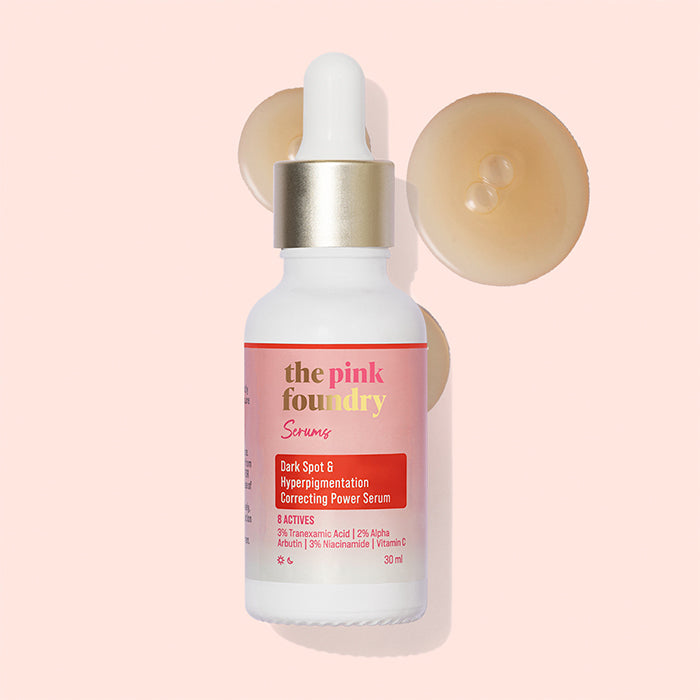


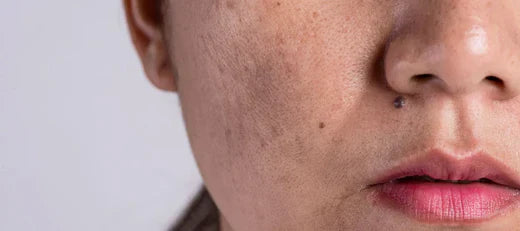
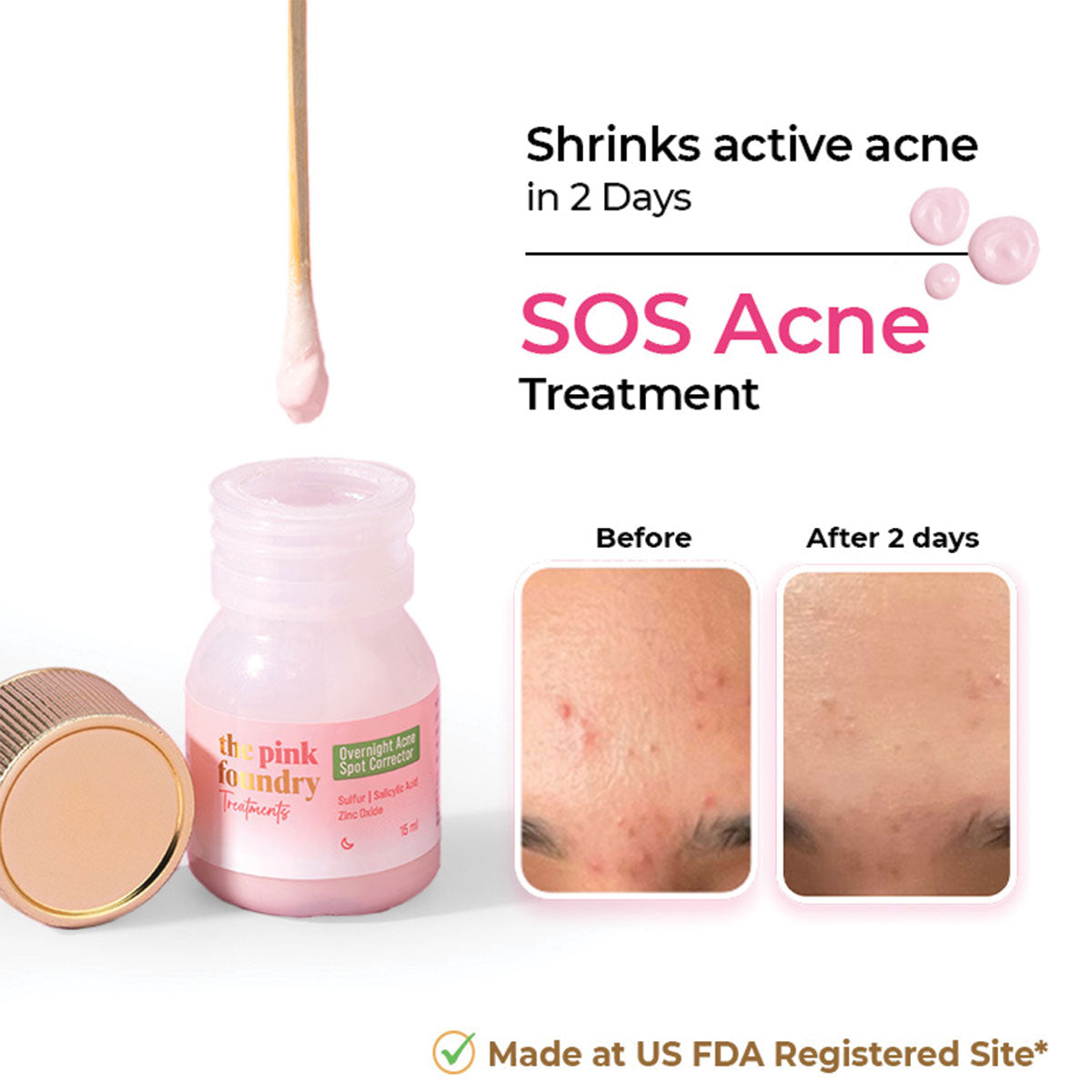
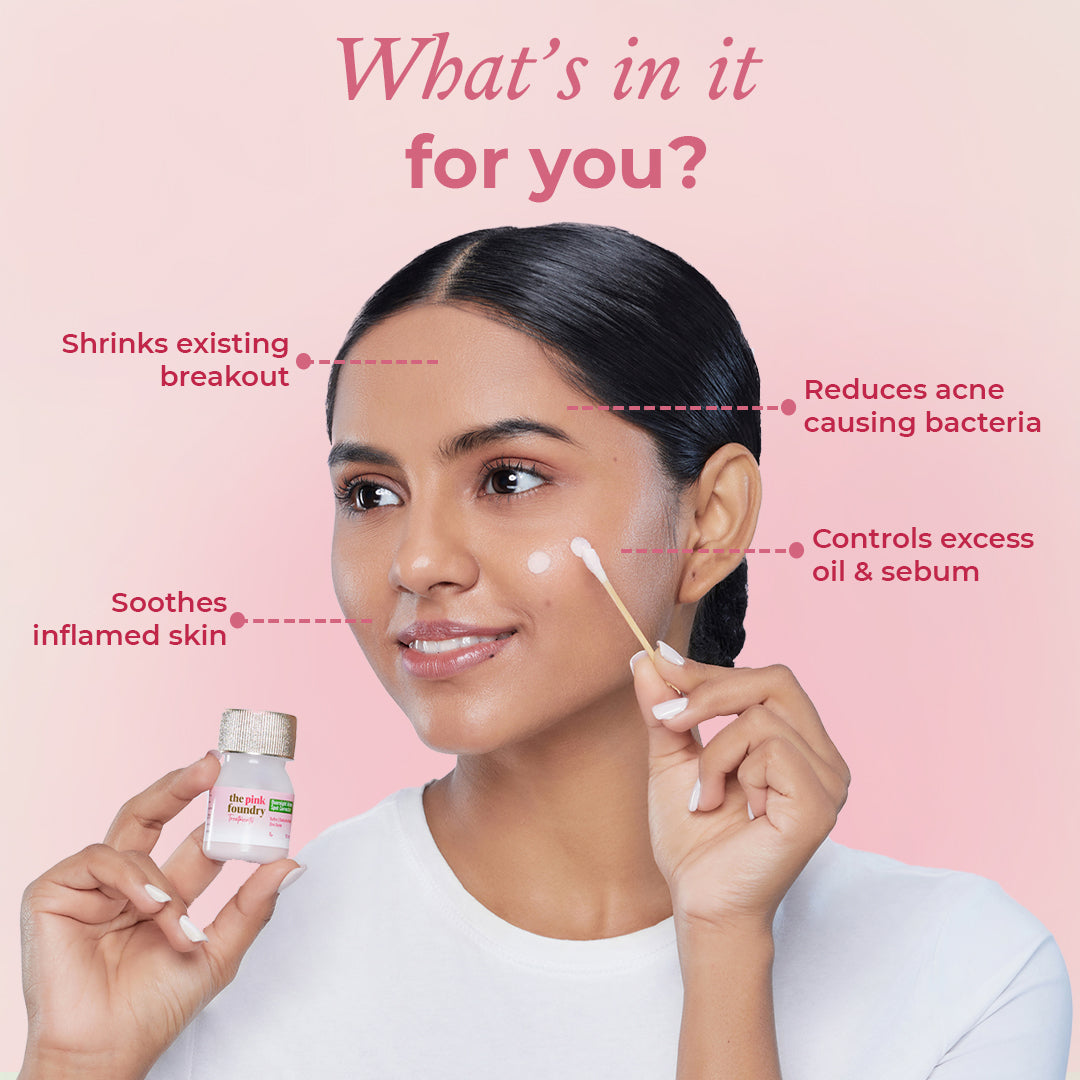


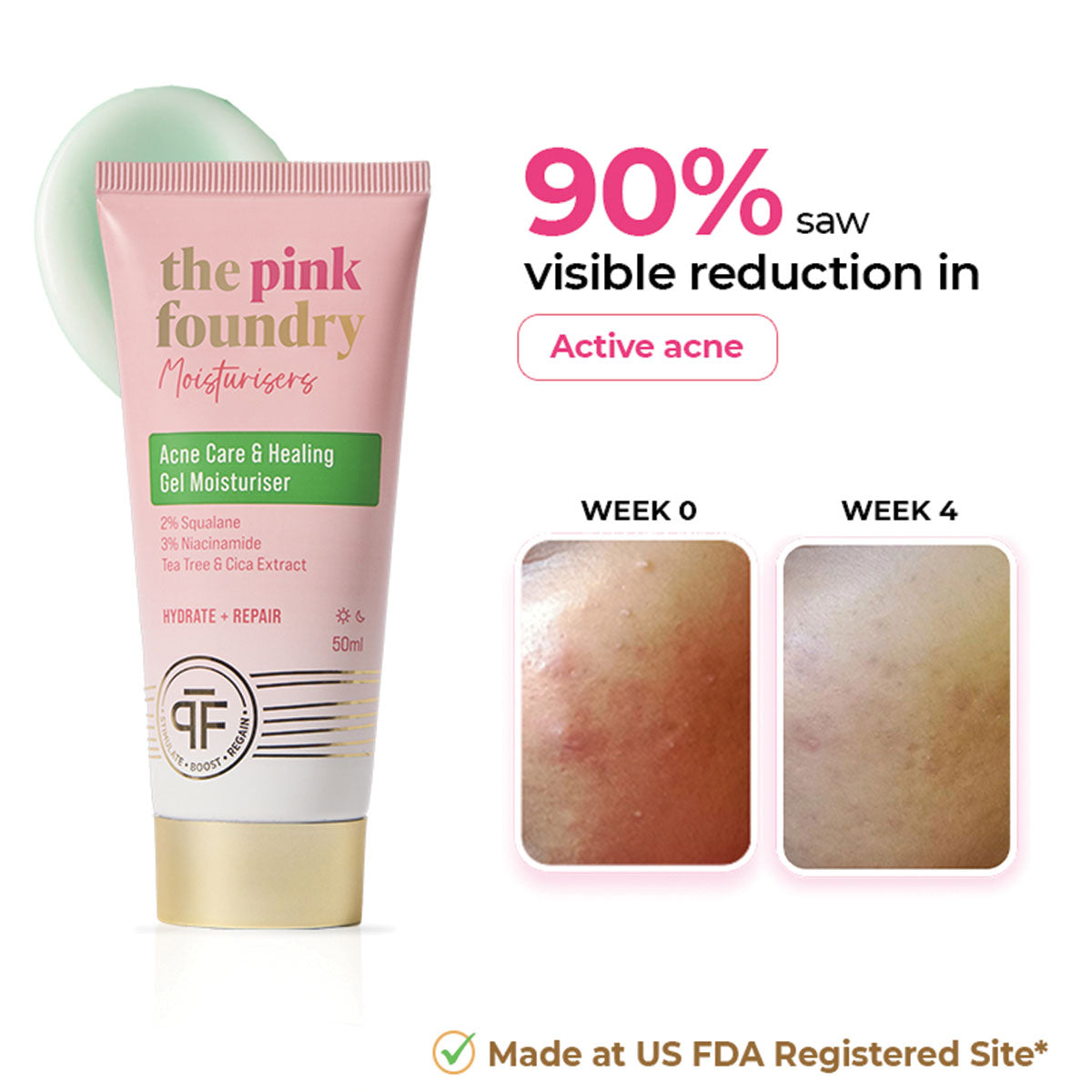
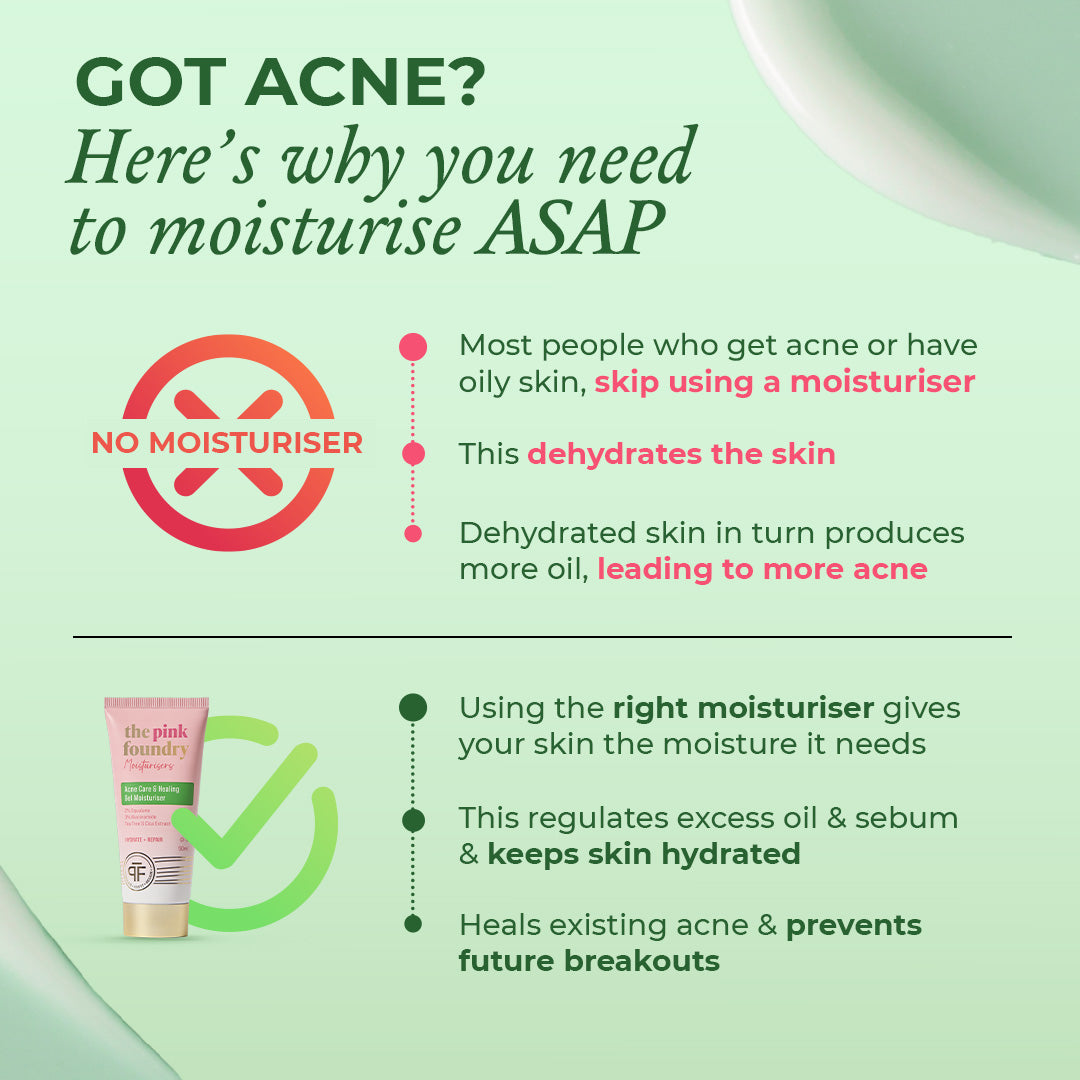










Leave a comment
This site is protected by hCaptcha and the hCaptcha Privacy Policy and Terms of Service apply.